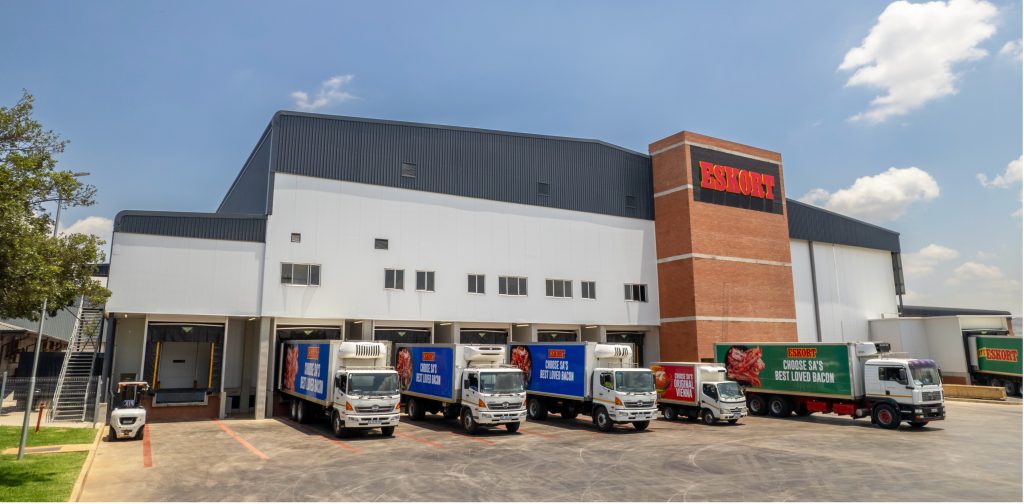
South Africa’s Leading Pork Producer Leverages Heidelberg Investment for High-Tech Efficiencies
With the official launch of the Heidelberg Factory Extension in mid-February, Eskort, the top pork producer in South Africa, has increased its...
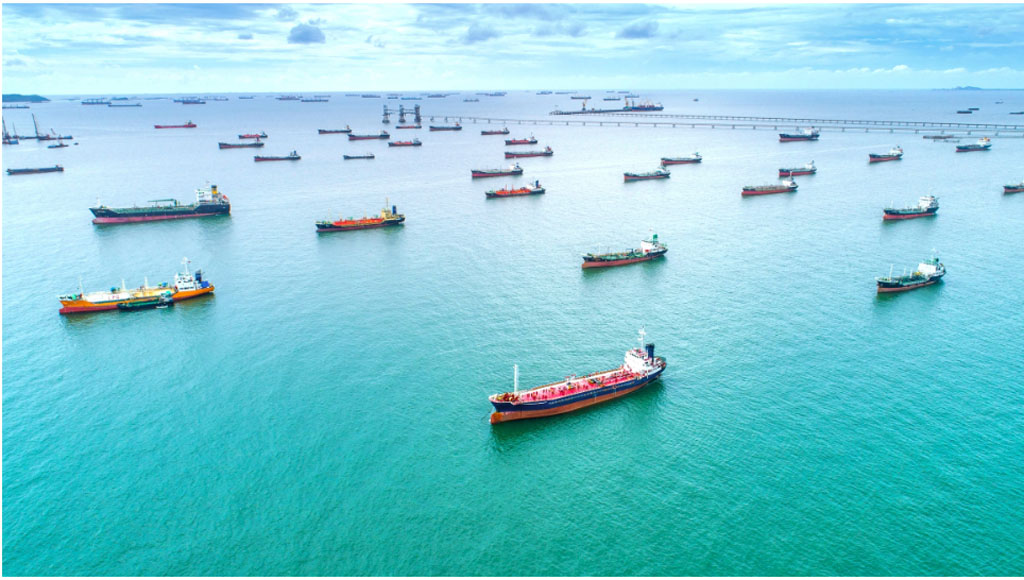
Supply chain issues also affect food quality and safety, and is not just only about food shortages.
The fact that foods are not delivered as swiftly means that there is a bigger chance for the outbreak of food-borne illnesses and contamination.
Food manufacturers and retailers are struggling to deal with the ripple effects of the lockdown in Shanghai due to Covid-19, trade disruptions in the Black Sea region due to the war in Ukraine, fuel price shocks and widespread port congestion and freight delays.
The World Health Organisation (WHO) estimates that as many as one in ten people globally, or 600 million individuals, fall ill each year after eating contaminated food.
This number could skyrocket without the necessary food management controls.
Containers with food often have to wait on trucks or ports to be shipped, raising concerns about food quality and safety, as well as placing newfound emphasis on traceability systems.
Due to growing pressure on the industry, the global food traceability market is expected to grow by an annual average of 9.3% over the next three years, reaching a total value of some R325 billion by 2025.
“There is a saying in the investment world that, when the tide goes out, you can see who has been swimming naked. Likewise, in the food industry, it has never been more important for manufacturers and producers to be able to track and monitor ingredients every step of the way to ensure consumer health and safety,” says Arnold Prinsloo, CEO of Eskort.
“As businesses, traceability offers the opportunity to help protect public health and reduce food waste by creating more agile and responsive food systems. This in turn works to safeguard brand reputations and build consumer loyalty.”
He says traceability also optimises supply chains through measuring food losses and identifying weaknesses in supply chains to significantly reduce the risk of food safety issues or product recalls, while also enhancing efficiency, a win-win for consumers and companies.
Prinsloo explains that Eskort’s own systems demonstrate the level of detail demanded by well-constructed traceability systems.
The company’s own systems were designed to monitor the smallest possible batches which are allocated unique serial numbers.
This code captures a range of details, such as the individuals responsible for packing product boxes, the time boxes were packed, the individual raw materials used and the origins of the raw materials.
This enables Eskort to trace the meat it uses all the way back to the individual pigs raised on specific farms.
According to Prinsloo, where many companies take a broader approach by allocating a week’s production to a batch, Eskort’s batches are deliberately smaller to ensure greater product control.
“This investment not only means greater food safety benefits for customers, but also reduces overall risk in terms of possible recalls.”
Eskort also prevents any risk of cross-contamination between suppliers and farms, with trucks from different farms prohibited from entering its manufacturing premises at the same time. Trucks are also disinfected before entering or leaving.
Other safety measures consist of:
“All proteins need to be tested before use to prevent food fraud and both our plants are under full camera surveillance. The costs involved are considerable, but absolute transparency and safety is make or break for food brands,” Prinsloo says.

With the official launch of the Heidelberg Factory Extension in mid-February, Eskort, the top pork producer in South Africa, has increased its...
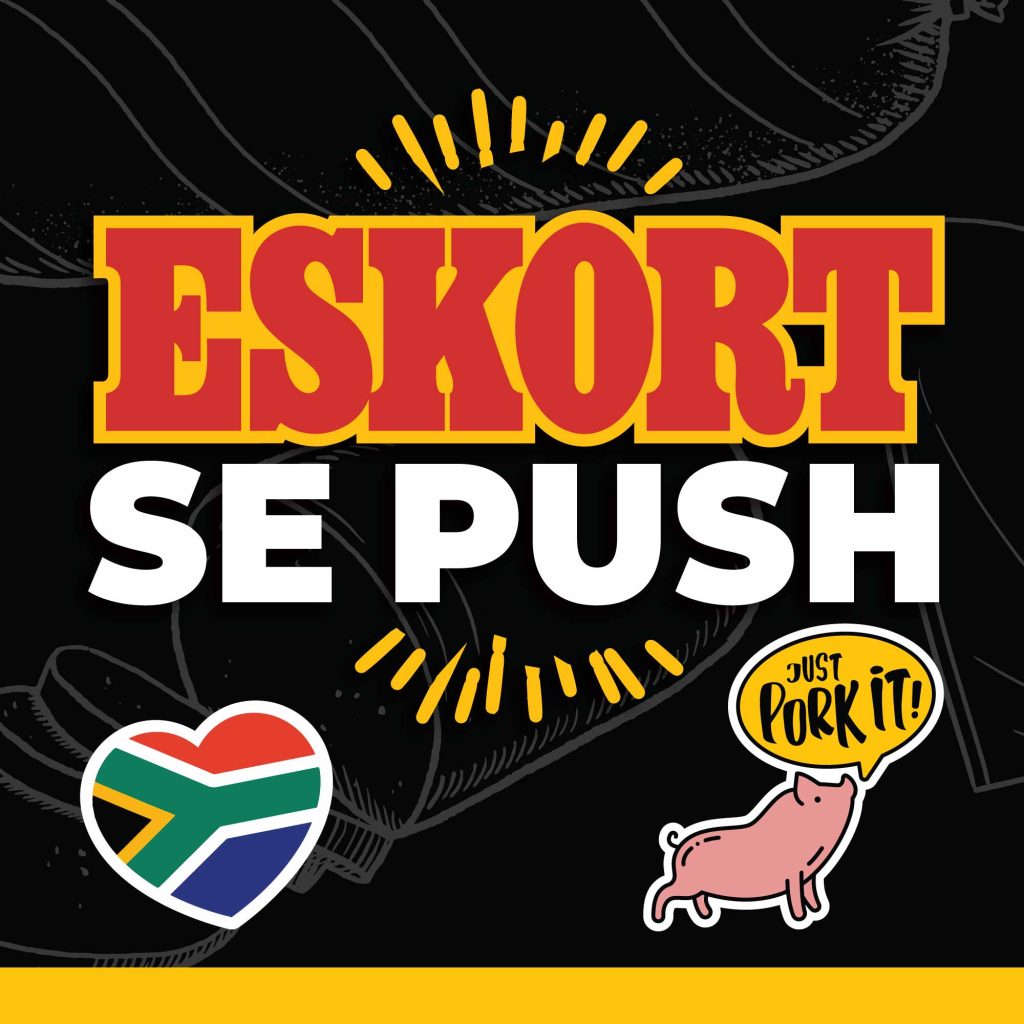
Power outages remain a significant challenge for hard-pressed South African households, particularly when it comes to providing a tasty, affordable...
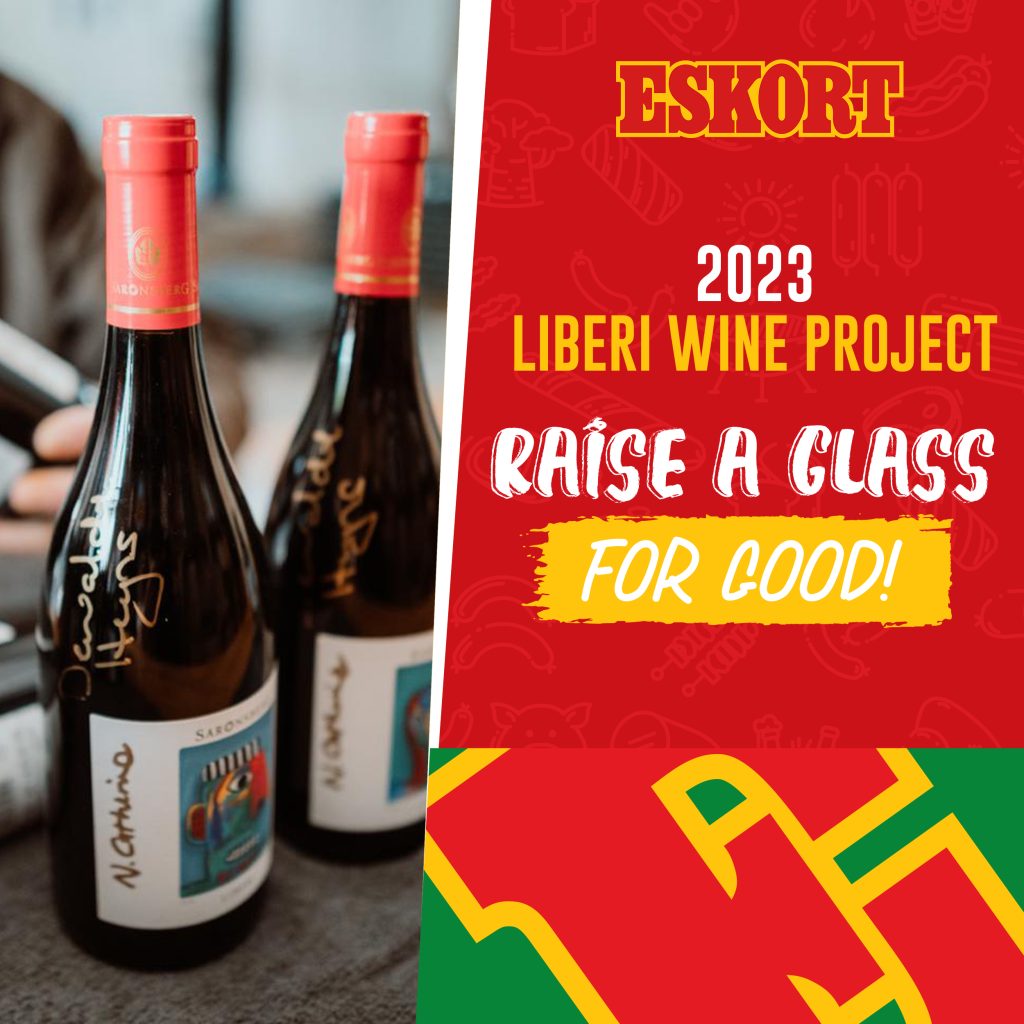
The Liberi wine project, now in its third year, is an Eskort initiative in collaboration with Saronsberg. The project seeks to combat poverty in South...
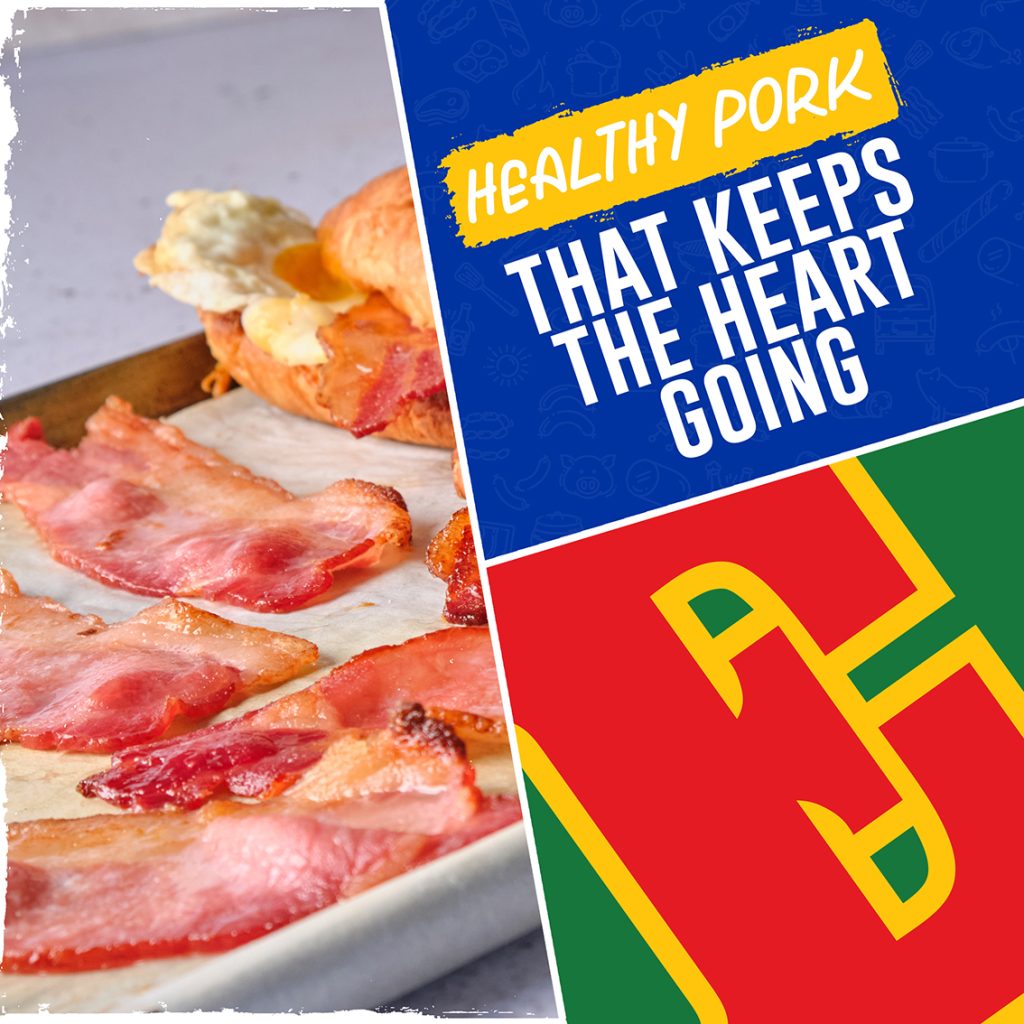
Latest Statistics South Africa figures show that nearly one in every five South Africans suffer from diseases of the circulatory system such as heart...
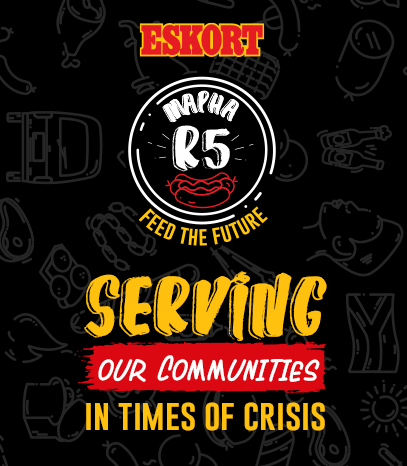
The Eskort Mapha initiative was launched in response to the rising hunger crisis that affects underprivileged children in South Africa. This...
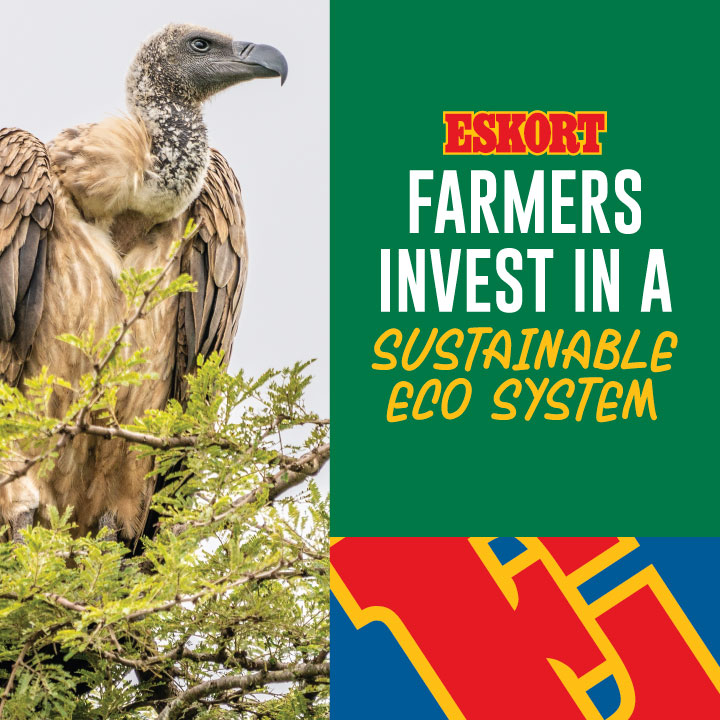
Our farmers at Walt Landgoed recognise the significance of responsible farming practices and the impact they have on the environment. Walt Landgoed...
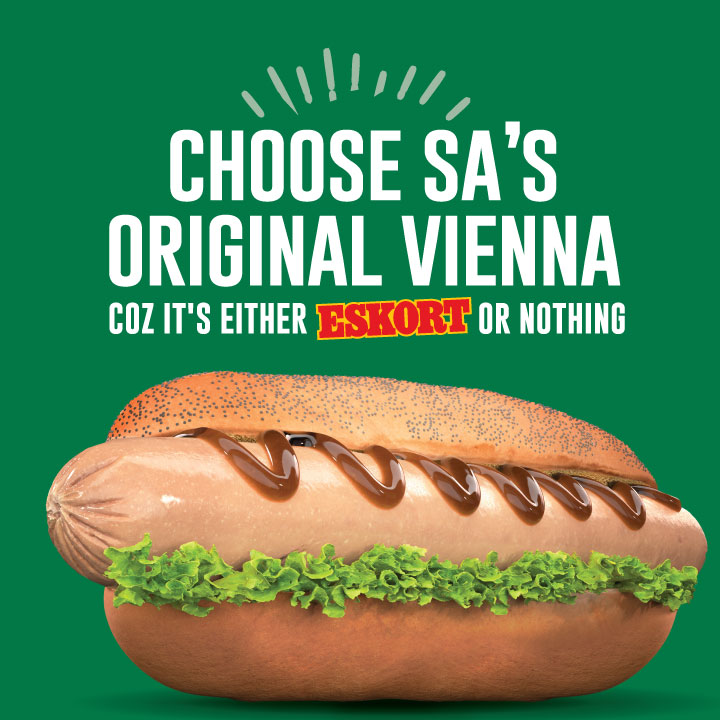
#EskortOriginal It seems our recent campaign landed us in some hot water. So much so that a ‘little birdie’ asked us to change it. So we complied....
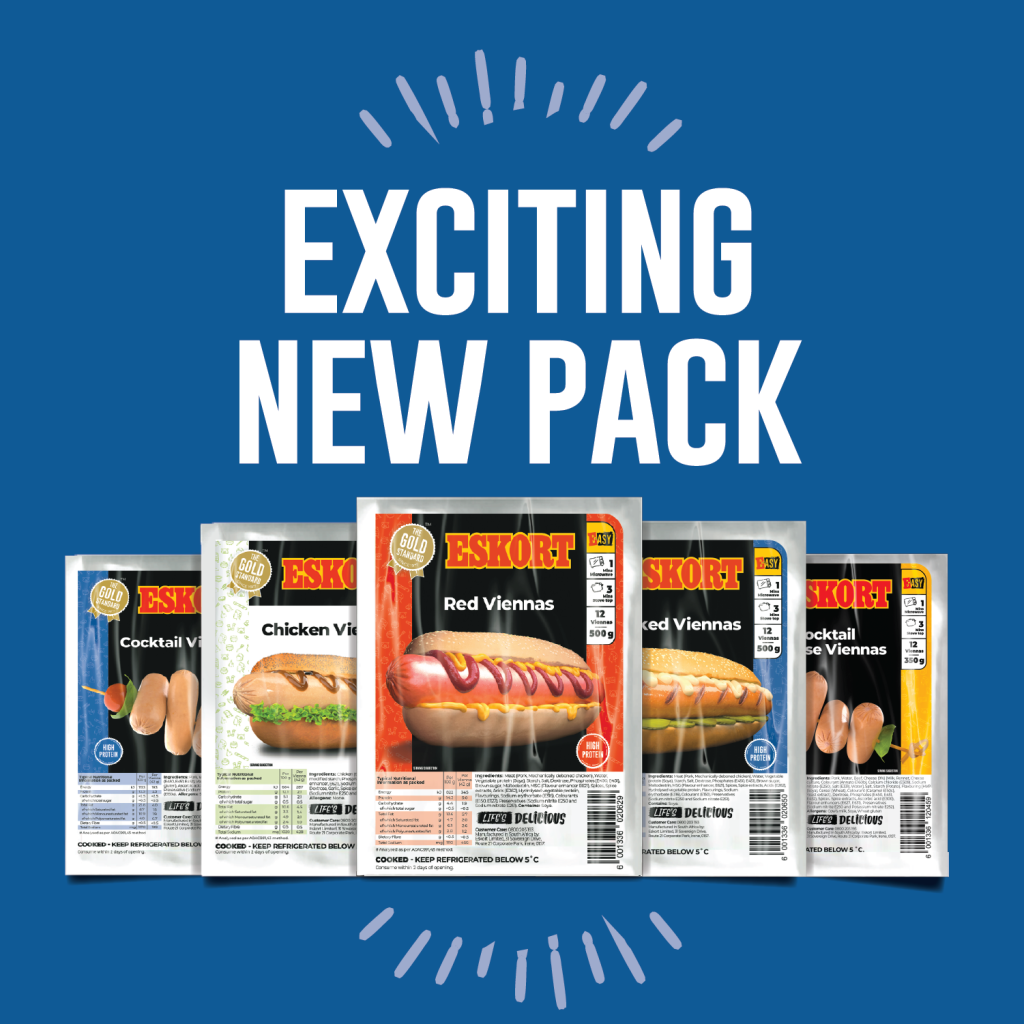
Eskort is thrilled to announce the launch of their exciting new packs across their delicious Vienna range. The objective of the new pack innovation...